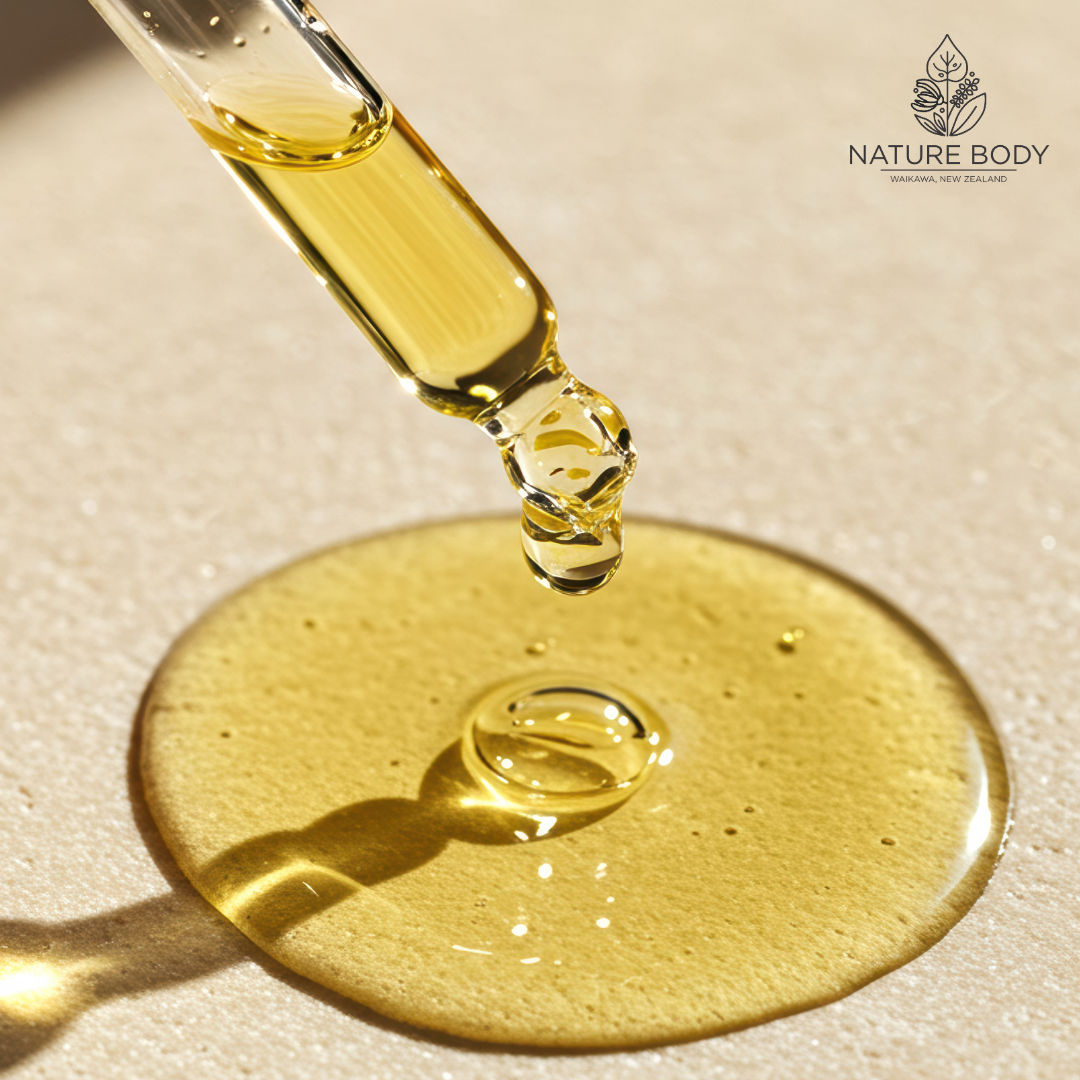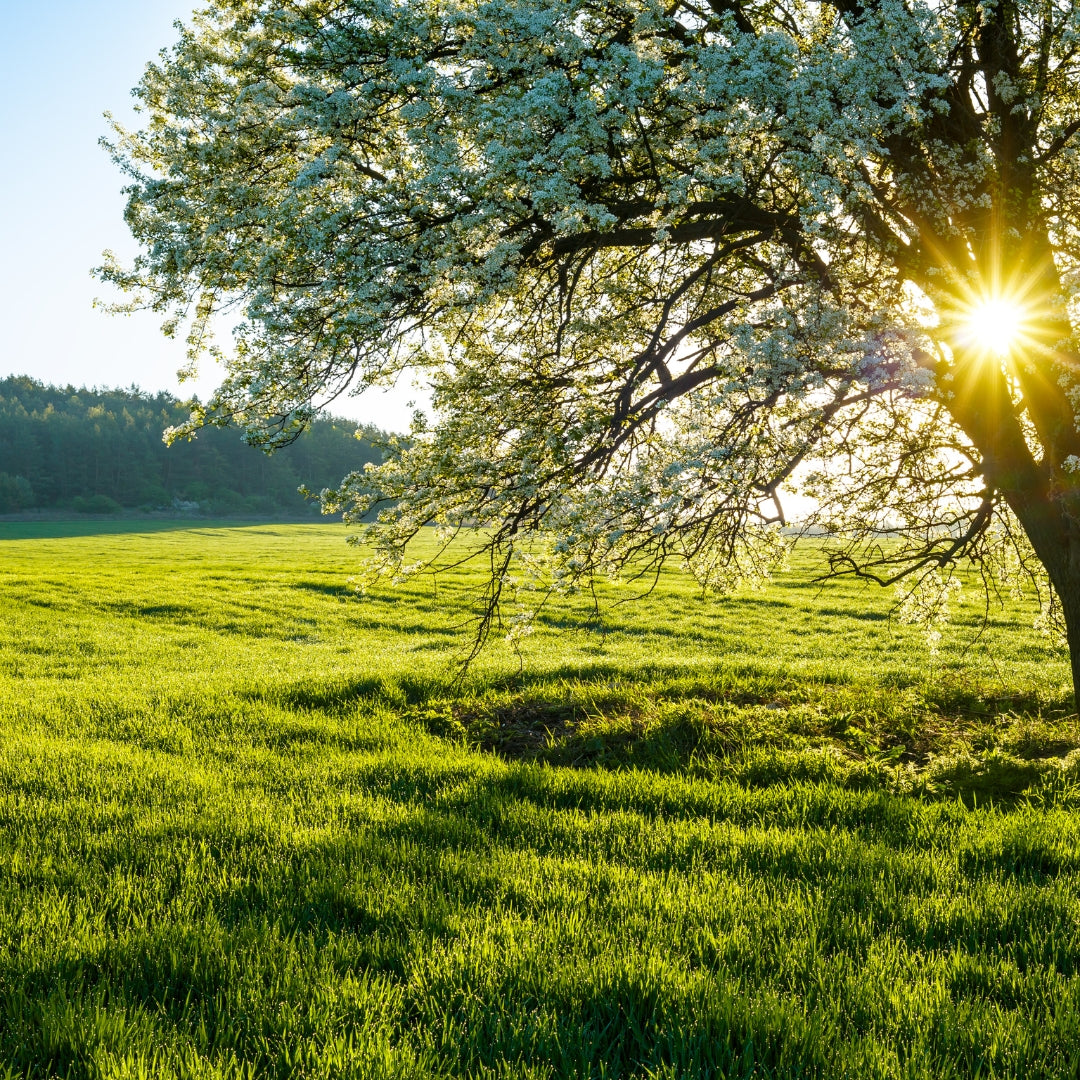Indigenous Healing Plants Across Cultures
At Nature Body our roots run deep. Our connection to Rongoā Māori - the traditional healing practices of our ancestors - is not just something we respect, but something we live and carry forward. These traditions guide the way we approach wellbeing and the way we craft our products today.
Our tūpuna (ancestors) lived in deep relationship with the land, observing, learning, and passing down knowledge about healing plants through generations. That same connection inspires us at Nature Body. It’s what led us to explore the wisdom of Indigenous healing plants from around the world—and reflect on the shared values that cross cultures, oceans, and time.
Healing Plants Around the World
Across continents and cultures, Indigenous peoples have relied on specific plants for physical, emotional, and spiritual healing.
In Aotearoa, Māori have long used kawakawa (Piper excelsum) for skin healing, digestive support, pain relief, and spiritual cleansing. This native plant holds deep cultural and medicinal significance and remains a cornerstone of Rongoā Māori. 
In Australia, Aboriginal Australians traditionally turn to tea tree (Melaleuca alternifolia) for its potent antiseptic properties. It’s used to treat wounds, respiratory issues, and skin infections. 
In the Philippines, Tagalog and Visayan communities use tsaang gubat (Ehretia microphylla) to help with inflammation, stomach aches, and as a natural mouthwash. 
In North America, Indigenous groups such as the Navajo and Lakota have used yarrow (Achillea millefolium) to help heal wounds, reduce fevers, and support menstrual health. 
Among Amazonian tribes and Quechua communities in South America, sangre de drago (Croton lechleri) is prized for its antiseptic and anti-inflammatory properties, commonly applied to cuts, insect bites, and skin conditions. 
In Africa, groups like the Yoruba in Nigeria and Bantu-speaking communities rely on bitter leaf (Vernonia amygdalina) for treating digestive issues, malaria, and liver cleansing. 
Each of these plants reflects the deep and enduring relationship between Indigenous peoples and the natural world—a connection built on generations of observation, experience, and reverence.
Kawakawa: The Heart of Māori Healing
Here in Aotearoa, kawakawa remains a sacred taonga in traditional Māori healing. Recognised by its heart-shaped leaves and peppery scent, kawakawa is a powerhouse of gentle, natural healing. Brewed as a tea, it soothes the digestive system. Applied to the skin, it eases irritation, rashes, and inflammation. In spiritual practices, kawakawa is used for cleansing and protection.
Māori healing traditions embrace a holistic view—treating not only the body, but also the mind and spirit. This way of seeing wellbeing is part of who we are, passed down through our whānau and whēnua.
Honouring Indigenous Wisdom at Nature Body
At Nature Body, we don’t just admire Rongoā Māori—we are part of that tradition. Our kawakawa-based products are a reflection of the healing knowledge our ancestors left us, handcrafted with aroha in Waikawa Bay.
We also honour and learn from Indigenous plant medicine traditions around the world. Like our own, they reflect generations of care, connection, and deep respect for the natural world.
Why This Matters
Indigenous knowledge systems are grounded in sustainability, reciprocity, and reverence for the land. In today’s fast-paced world, where synthetic solutions often take centre stage, these traditions remind us to slow down and reconnect—with nature, with each other, and with our own roots.
Whether it’s the antiseptic power of tea tree, the gut-soothing relief of tsaang gubat, or the gentle healing of kawakawa, these plants hold stories of care, resilience, and ancestral wisdom.
Explore Nature Body's Kawakawa Range
Discover our range of kawakawa-infused products—from soothing balms to nourishing oils—designed to honour traditional knowledge while supporting your everyday wellbeing.
Ngā mihi nui to the guardians of plant knowledge across the world. May we continue to learn, protect, and share it with reverence.



